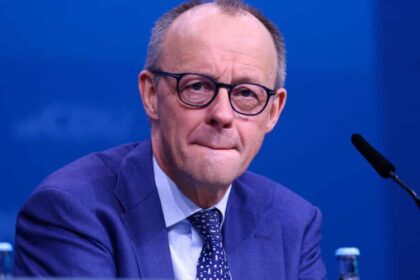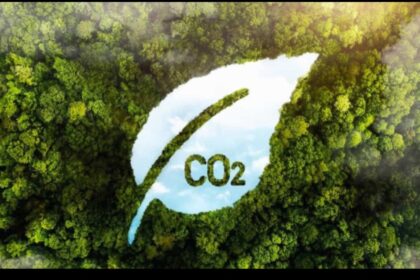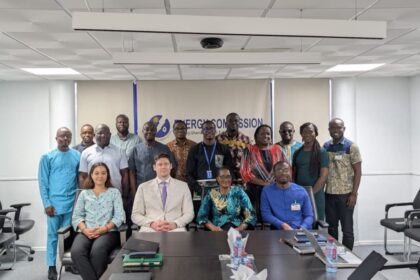Ghana is on the cusp of a major transformation, driven by its ambitious energy transition agenda.
The country aims to increase renewable energy’s contribution to the energy mix by 10% by 2030, a critical step towards reducing its carbon footprint and promoting sustainable development.
However, experts warn that the success of this plan hinges on the inclusion and empowerment of young people.
In an exclusive interview with one of these expert, Chibeze Ezekiel, Executive Coordinator of the Strategic Youth Network for Development (SYND) revealed that, “Young people are the drivers of change, and their involvement is crucial to achieving a sustainable and equitable energy transition.”
He further reiterates “We must provide opportunities for young people to contribute to the energy transition agenda and support their initiatives.” Despite their potential, young people in Ghana often face significant barriers to participation in the energy sector.
These include limited access to education and training, lack of financial resources, and social and cultural norms that often exclude them from decision-making processes.
However, there are signs of change. A growing number of youth-led initiatives and organizations are emerging, focused on promoting sustainable energy and environmental conservation.
These initiatives are not only providing young people with a platform to engage in the energy transition conversation but also empowering them to take action and drive change.
Ghana’s Energy Transition and Investment Plan, launched in 2023, outlines a credible pathway for the country to achieve net-zero energy-related carbon emissions by 2060.
The plan proposes various sector changes and technologies, including renewable, low-carbon hydrogen, battery electric vehicles, and clean cook stoves.
To ensure the success of this plan, it is crucial that the government, policymakers, and other stakeholders prioritize youth inclusion and empowerment.
This requires providing young people with access to education, training, and financial resources, as well as creating spaces for them to participate in decision-making processes and contribute to the energy transition agenda.
According to Ezekiel, “Youth inclusion is not just a moral imperative, but a strategic necessity for Ghana’s energy transition. Young people bring fresh perspectives, innovative ideas, and a deep commitment to sustainability. He believes that, “By empowering them, we can unlock the full potential of Ghana’s energy transition.”
The Strategic Youth Network for Development (SYND) is a youth-centered organization focused on environmental and social change in Ghana. SYND has been at the forefront of advocating for youth inclusion in Ghana’s energy transition agenda.
As Ghana continues on its energy transition journey, one thing is clear: the country’s young people will play a critical role in shaping its sustainable energy future. The question is, will their voices be heard, and their contributions valued?
The Ghanaian government has shown commitment to promoting youth inclusion in the energy sector. In 2022, the government launched the Ghana Youth Climate Change Initiative, which aims to empower young people to take action on climate change and sustainable development.
However, more needs to be done to address the systemic barriers that prevent young people from participating in the energy sector. This includes providing access to education and training, financial resources, and creating spaces for young people to participate in decision-making processes.
As the world watches Ghana’s energy transition journey, one thing is clear: the country’s young people hold the key to unlocking a sustainable energy future.
Source: www.climatewatchonline.com












